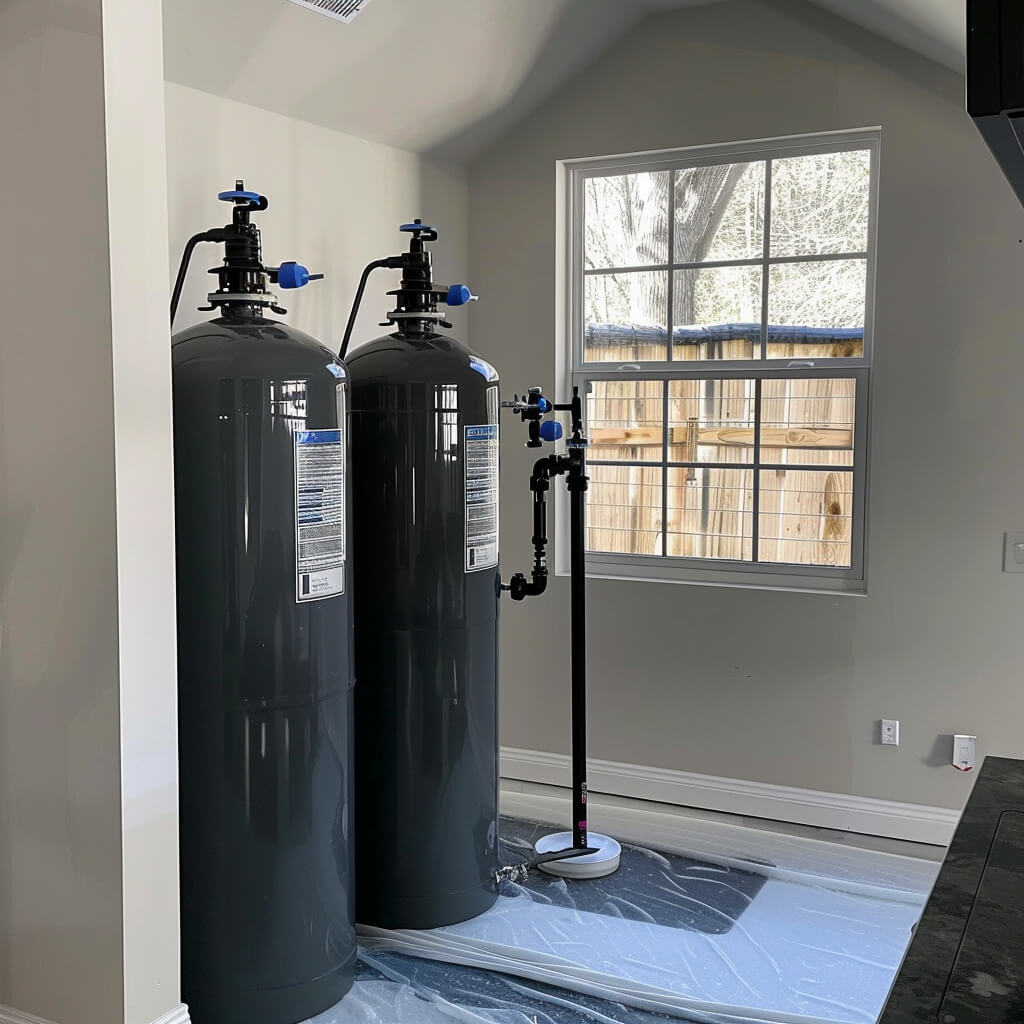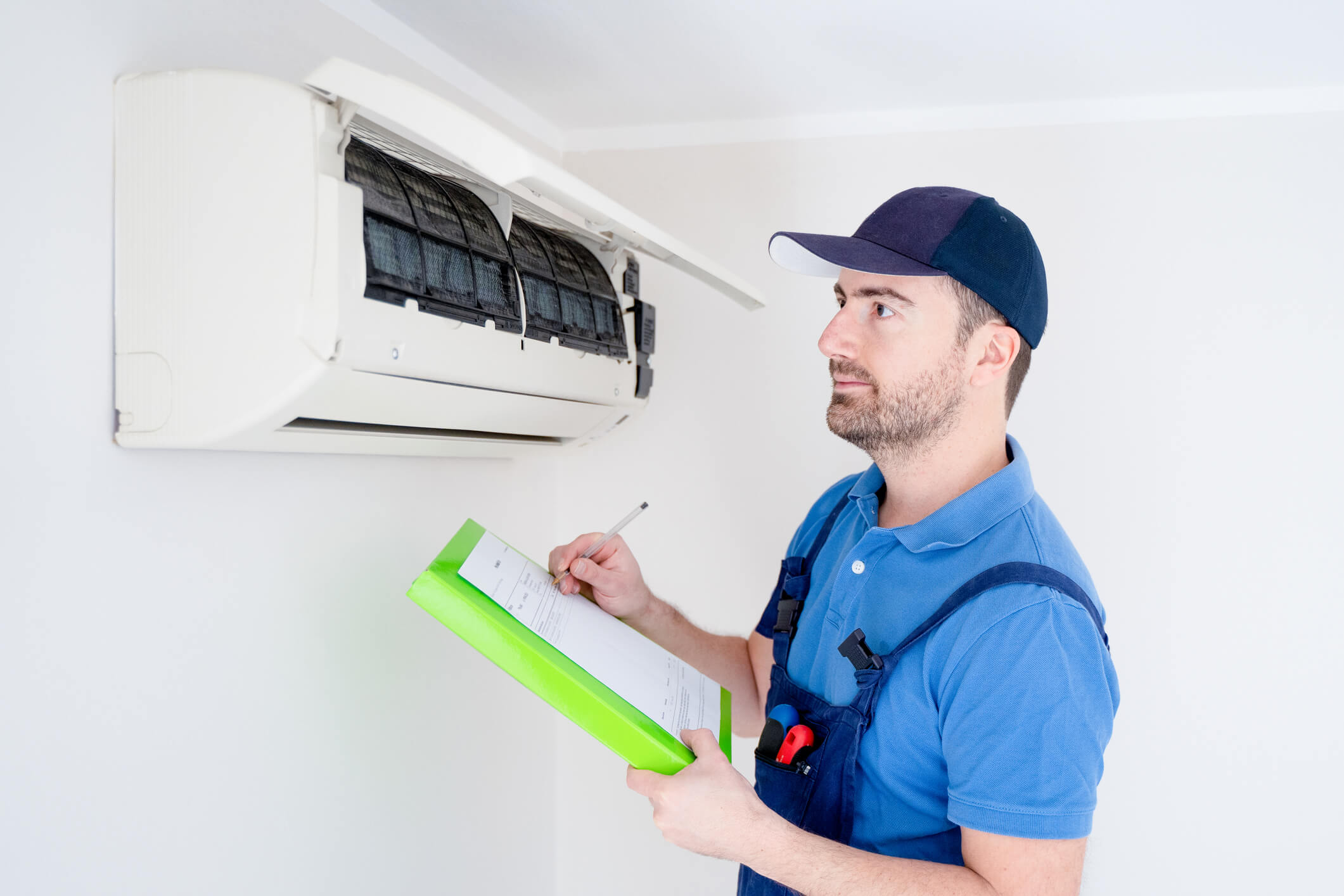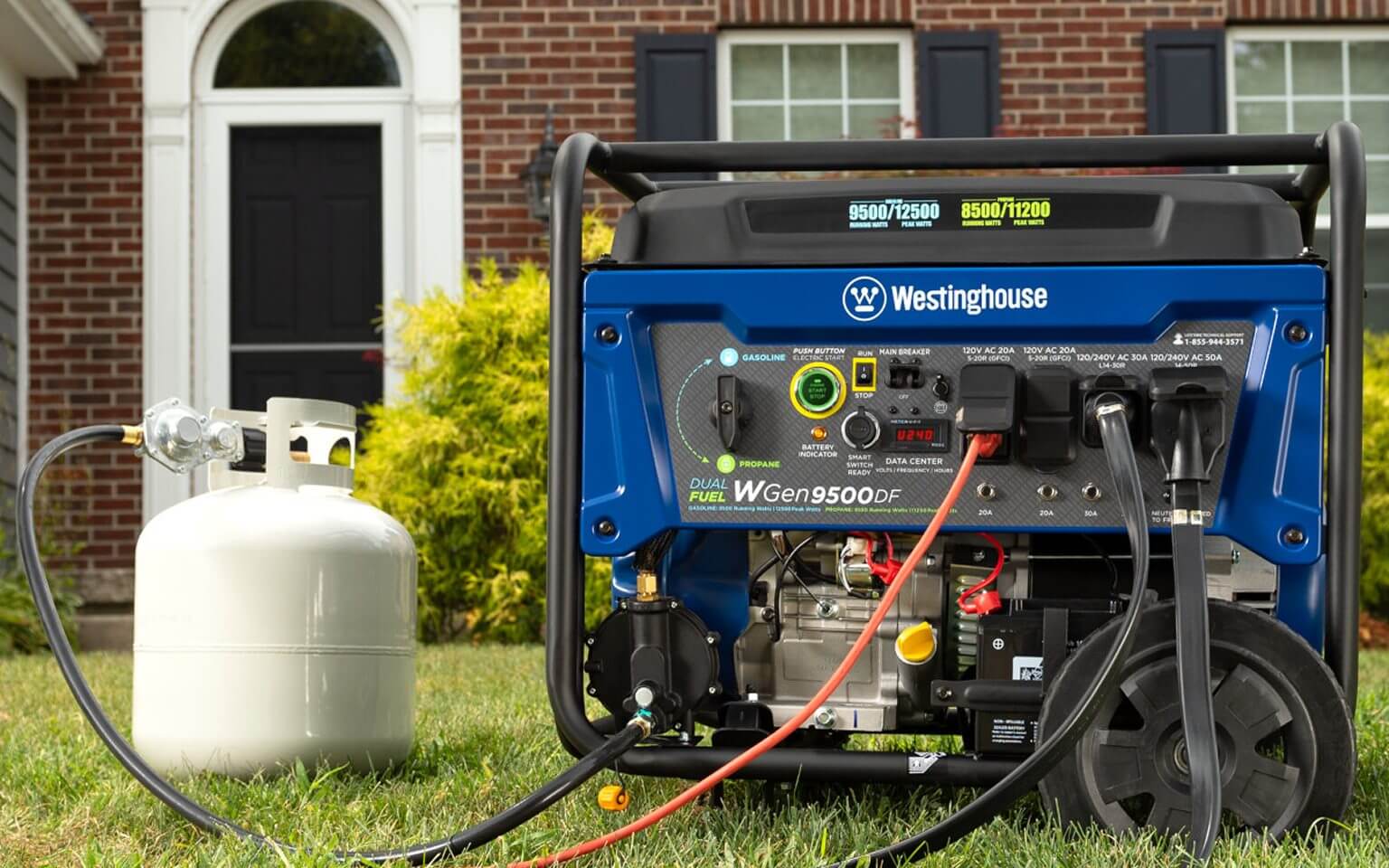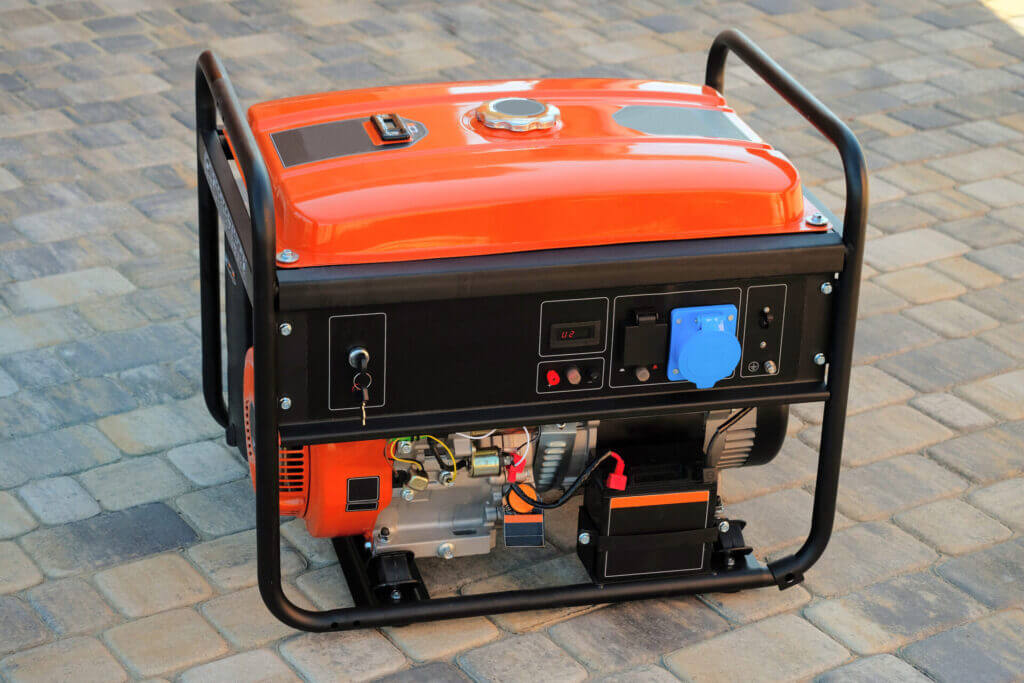Are you doing a water treatment project?
Modernize can pair you with three to four pros in your area, so you can compare options and save time and money.
Hard Water vs. Soft Water
Understanding the difference between hard and soft water is crucial in appreciating the importance of water softening systems.
Hard Water:
- Composition: Hard water contains high levels of dissolved minerals, primarily calcium and magnesium.
- Effects: The presence of these minerals can lead to scaling in pipes and appliances, reducing their efficiency and lifespan. Hard water can also make it difficult to create a lather with soap, leading to increased use of cleaning products. Additionally, it can leave spots on dishes and glassware and make laundry feel rough or scratchy.
Soft Water:
- Composition: Soft water has had most of its calcium and magnesium ions removed. In many cases, sodium or potassium ions replace these minerals through the softening process.
- Effects: Soft water is gentler on pipes and appliances, preventing scaling and prolonging their lifespan. It also enhances the effectiveness of soaps and detergents, resulting in cleaner dishes, softer laundry, and smoother skin and hair.

How Does a Water Softening System Work?
Water softening systems primarily use a process known as ion exchange to remove calcium and magnesium from the water. Here’s a step-by-step explanation of how this process works:
- Water Enters the System: Hard water enters the water softener from the main water supply.
- Ion Exchange Resin: Inside the water softener tank, the water passes through a bed of resin beads. These beads are typically made of polystyrene and are charged with sodium or potassium ions.
- Ion Exchange Process: As hard water flows through the resin beads, the calcium and magnesium ions in the water are attracted to and held by the resin. In exchange, sodium or potassium ions are released into the water.
- Softened Water Exits: The softened water, now free of most calcium and magnesium ions, exits the water softener and is distributed throughout the building.
- Regeneration Cycle: Over time, the resin beads become saturated with calcium and magnesium ions and lose their effectiveness. The water softener enters a regeneration cycle, during which a concentrated brine solution (containing high levels of sodium or potassium) is flushed through the resin tank. This process displaces the accumulated calcium and magnesium ions, which are then rinsed away. The resin beads are recharged with sodium or potassium ions, and the system is ready to soften water again.
5 Key Benefits of Water Softening Systems
1. Prolonged Appliance Lifespan
Reduction of Scale Build-Up: One of the most significant benefits of water softening systems is the reduction of scale build-up in household appliances, such as water heaters, dishwashers, and washing machines. By preventing scale formation, water softeners help these appliances operate more efficiently and last longer.
Lower Maintenance Costs: With fewer mineral deposits clogging pipes and fixtures, homeowners can expect fewer repairs and replacements, leading to lower overall maintenance costs.
2. Improved Cleaning Efficiency
Enhanced Soap Performance: Soft water allows soaps and detergents to lather more easily and clean more effectively. This means you can use less soap or detergent and still achieve excellent cleaning results.
Spot-Free Dishes and Glassware: Hard water often leaves spots and film on dishes and glassware. Soft water eliminates this problem, leaving your dishes sparkling clean.
Softer Laundry: Clothes washed in soft water are cleaner, softer, and more comfortable to wear. The absence of hard water minerals prevents fabric stiffening and fading.
3. Healthier Skin and Hair
Gentle on Skin: Hard water can cause dry, itchy skin and exacerbate conditions like eczema. Soft water, on the other hand, is gentler on the skin, helping to maintain natural moisture and reduce irritation.
Find the Right Contractor for Your water-treatment Project
Whether you’re ready to begin your project now or need some expert advice, our network of contractors are here to help. With a few simple questions, we’ll find the best local professionals for you
Silkier Hair: Soft water also benefits hair by preventing mineral build-up, which can leave hair feeling dry and brittle. Hair washed in soft water is often smoother, shinier, and more manageable.
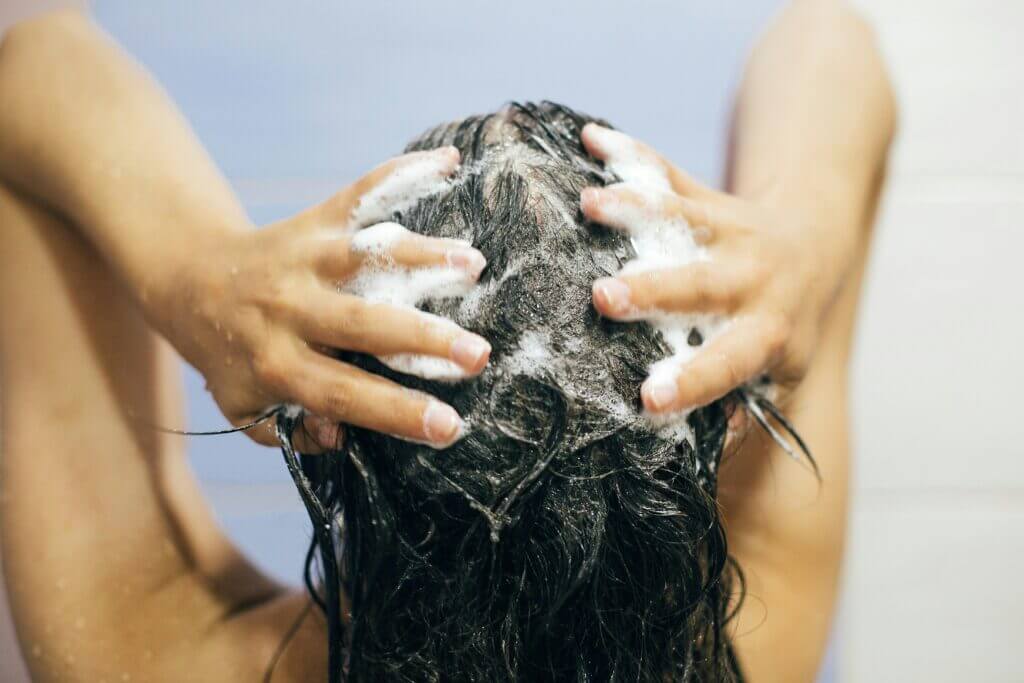
4. Energy Efficiency
Reduced Energy Consumption: Appliances like water heaters and washing machines run more efficiently with soft water because there is no scale build-up to impede heating elements and reduce performance. This can lead to significant energy savings over time.
Lower Utility Bills: By improving the efficiency of your water-using appliances, water softening systems can help lower your utility bills, making them a cost-effective investment in the long run.
5. Environmental Benefits
Decreased Soap and Detergent Use: Because soft water enhances the effectiveness of soaps and detergents, you can use less of these products, reducing the number of chemicals released into the environment.
Extended Appliance Lifespan: By prolonging the lifespan of your appliances, water softeners help reduce waste and the demand for new products, contributing to environmental sustainability.
Reduced Energy Consumption: As mentioned earlier, the improved efficiency of appliances running on soft water leads to lower energy consumption, which has a positive impact on the environment by reducing greenhouse gas emissions.
Investing in a water softening system offers numerous benefits for both your home and your health. By removing the minerals that cause water hardness, these systems protect your appliances, enhance cleaning efficiency, improve the condition of your skin and hair, and promote energy efficiency. Additionally, the environmental advantages of reduced chemical use and lower energy consumption make water softening systems a smart choice for anyone looking to improve their water quality and reduce their ecological footprint. Whether you’re dealing with the daily inconveniences of hard water or seeking long-term solutions for your household, a water softening system can provide the comprehensive benefits you need.
Find the Right Contractor for Your water-treatment Project
Whether you’re ready to begin your project now or need some expert advice, our network of contractors are here to help. With a few simple questions, we’ll find the best local professionals for you
Reviews from Real Homeowners
Welcome to Homeowner Resources! We are the Modernize blog. Modernize pairs more than 3 million homeowners a year with pre-vetted contractors in their area. This blog started because we believe homeowners should know everything about their homes, from how their HVAC works to which front door colors they might love. On Homeowner Resources, you can find information on every part of your home, right down to how you can negotiate with contractors to get the best price. Here's more about the blog.
Need a contractor? Learn more about how Modernize finds the right pro for you.
